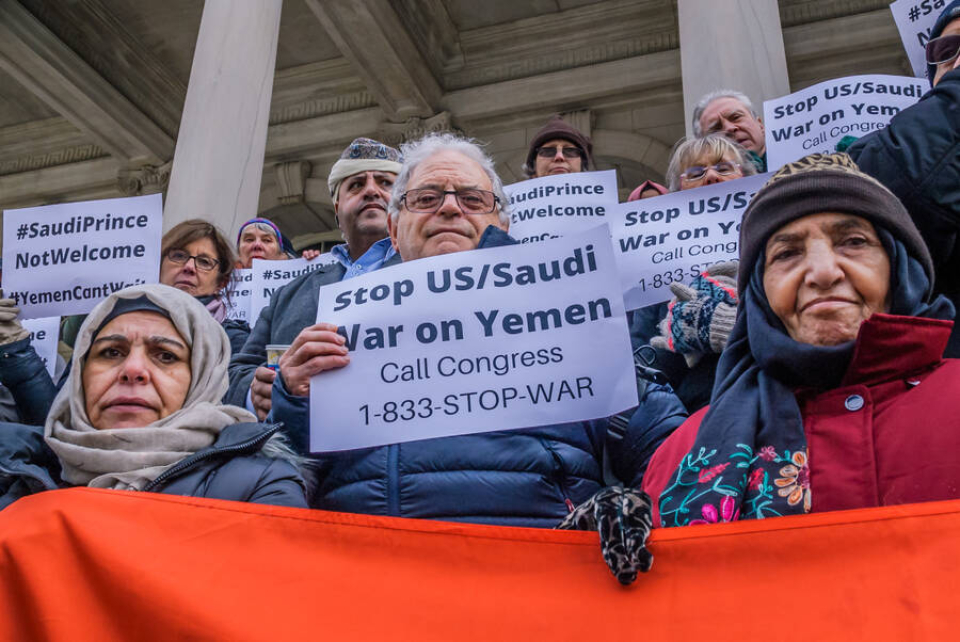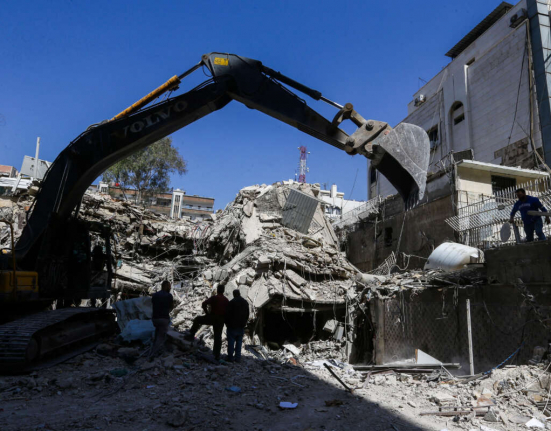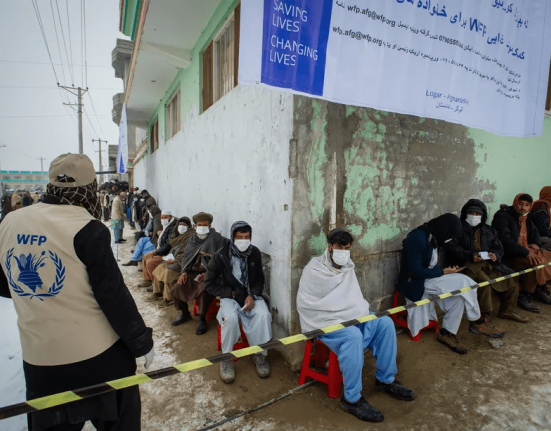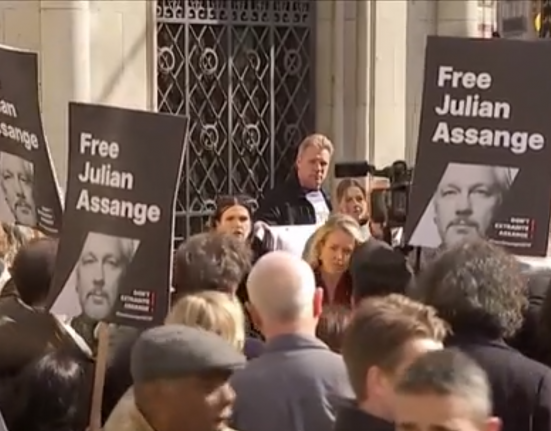By Annelle Sheline and William D. Hartung


Saudi Arabia’s recent move to collaborate with Russia in cutting oil production has prompted a flurry of calls from members of Congress to cut off U.S. arms and military support for the Kingdom. Noting how the reduction in oil output would help sustain Russia’s invasion of Ukraine, Sen. Robert Menendez (D-N.J.), has said that “As chairman of the Senate Foreign Relations Committee, I will not green light any cooperation with Riyadh until the Kingdom reassesses its position with respect to the war in Ukraine.”
For their part, Rep. Ro Khanna (D-Calif.) and Sen. Richard Blumenthal (D-Conn.) have introduced a bill that would prohibit the exportation of weapons, support equipment, spare and repair parts, and technical and logistical support services to Saudi Arabia for one year.
The decision on oil production is a slap in the face to President Biden, who traveled to Saudi Arabia in July with the explicit purpose of persuading the regime to increase oil output to offset the impact of sanctions on Russia, hoping it would filter down to reductions in U.S. gas prices.
Current calls for an arms cutoff to Saudi Arabia have focused on the impact of Riyadh’s position on oil output in helping to sustain Russia’s war in Ukraine. But that is far from the only reason to do so. Since 2015, Saudi Arabia has led a coalition that has waged a devastating war in Yemen that has killed thousands of civilians in indiscriminate air strikes tied to the bombing of targets like marketplaces, water treatment facilities, hospitals, a school bus, a wedding and even a funeral. Many of these attacks have been carried out by the Saudi Royal Air Force using U.S.-supplied munitions and aircraft.
According to a joint investigation by the Washington Post and the Security Force Monitor at Columbia Law School, “a substantial number of the raids were carried out by jets developed, maintained, and sold by U.S. companies, and by pilots that were trained by the U.S. military.”
The war’s toll on the people of Yemen has gone well beyond the impact of the bombing campaign. A Saudi-led air and sea blockade has impeded the import of critical items like fuel, food and medical supplies, pushing Yemen to the brink of famine and resulting in the deaths of nearly 400,000 people.
Not only has the Yemen war brought immense suffering, but it has also exacerbated instability in an already volatile region. The perception of the United States supporting hostilities against Yemeni civilians reinforces existing resentments in a country that has already been the source of multiple acts of violence against American targets.
Congress has not been silent in the face of the U.S. role in enabling Saudi Arabia’s brutal war in Yemen. During the Trump years, both houses of Congress passed a War Powers Resolution that would have ended U.S. military support for the Saudi regime, as well as voting to block a bomb sale to the Royal Saudi Armed Forces. Unfortunately, both efforts were vetoed by President Trump, who was a staunch supporter of de facto Saudi leader Mohammed bin Salman.
A fragile truce in the Yemen war, in place since April, ended earlier this month, and higher levels of violence have resumed. Under the truce, flights carrying medical evacuees were finally able to take off from Sanaa airport, and fuel ships landed, easing the blockade imposed by the Saudis. Although the truce expired, hope persists that it could be reestablished. The best way to do so is to continue to pressure the Saudi government to forgo further airstrikes and end its blockade on Yemen and to engage in good faith efforts to bring the war to an end.
The OPEC+ decision has provoked outrage from members of Congress and shock from the White House, prompting calls to reevaluate the U.S.-Saudi relationship. Yet a bill is already waiting to be brought to the floor that would send a clear signal to the Saudis that the U.S. will not continue to provide unconditional military support.
Over 100 members of the House of Representatives are supporting the Yemen War Powers Resolution introduced by Reps. Pramila Jayapal (D-Wash.) and Peter DeFazio (D-Ore.). A companion measure has been introduced in the Senate by Sens. Bernie Sanders (I-Vt.), Patrick Leahy (D-Vt.) and Elizabeth Warren (D-Mass.). The resolutions would stop U.S. military support for Saudi Arabia, including spare parts and maintenance that sustain the Saudi war machine.
The administration may now be open to the resolution, as National Security Council strategic communications coordinator John Kirby stated that, “The president has been very clear that this is a relationship that we need to continue to reevaluate.”
The uproar over Riyadh’s support for Russia may turn the political tide, boosting support for a Yemen War Powers Resolution that would cut off U.S. arms transfers, spare parts and maintenance to the Saudi military. The sooner this happens, the better, both for U.S. interests and for Yemen.
Annelle Sheline is a research fellow at the Quincy Institute for Responsible Statecraft. William D. Hartung is a senior research fellow at the institute.
Source: The Hill


















